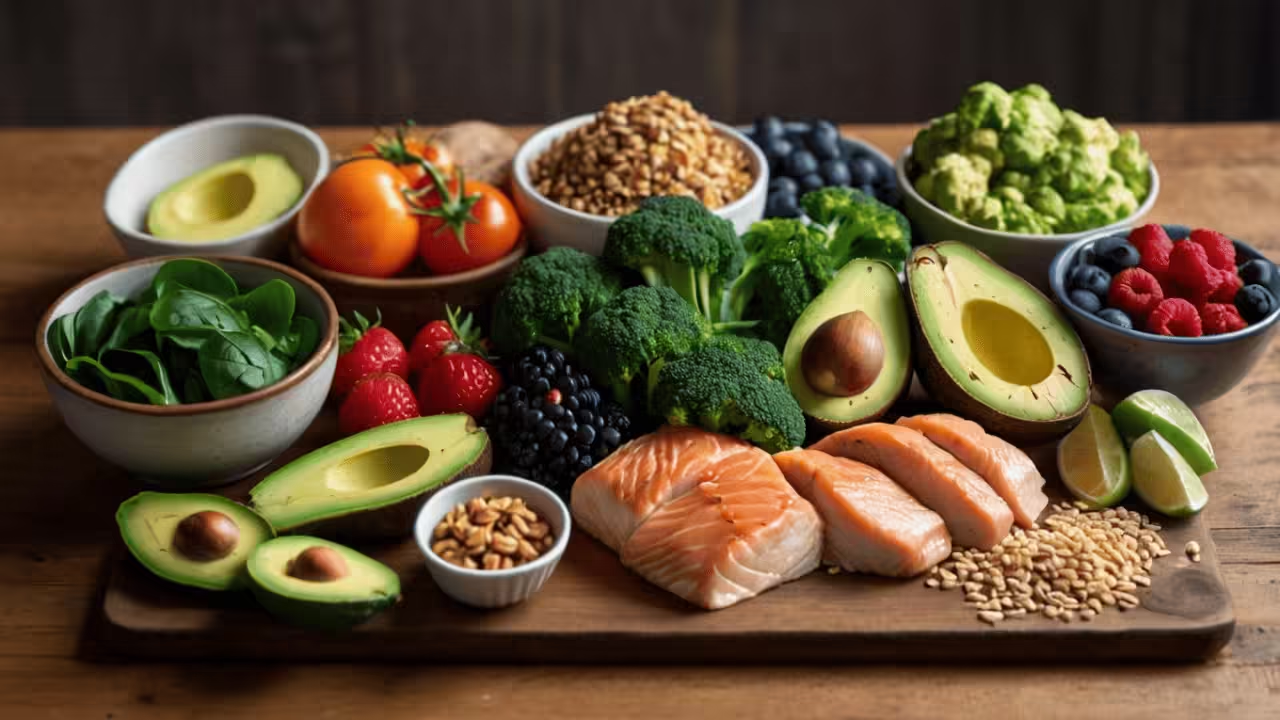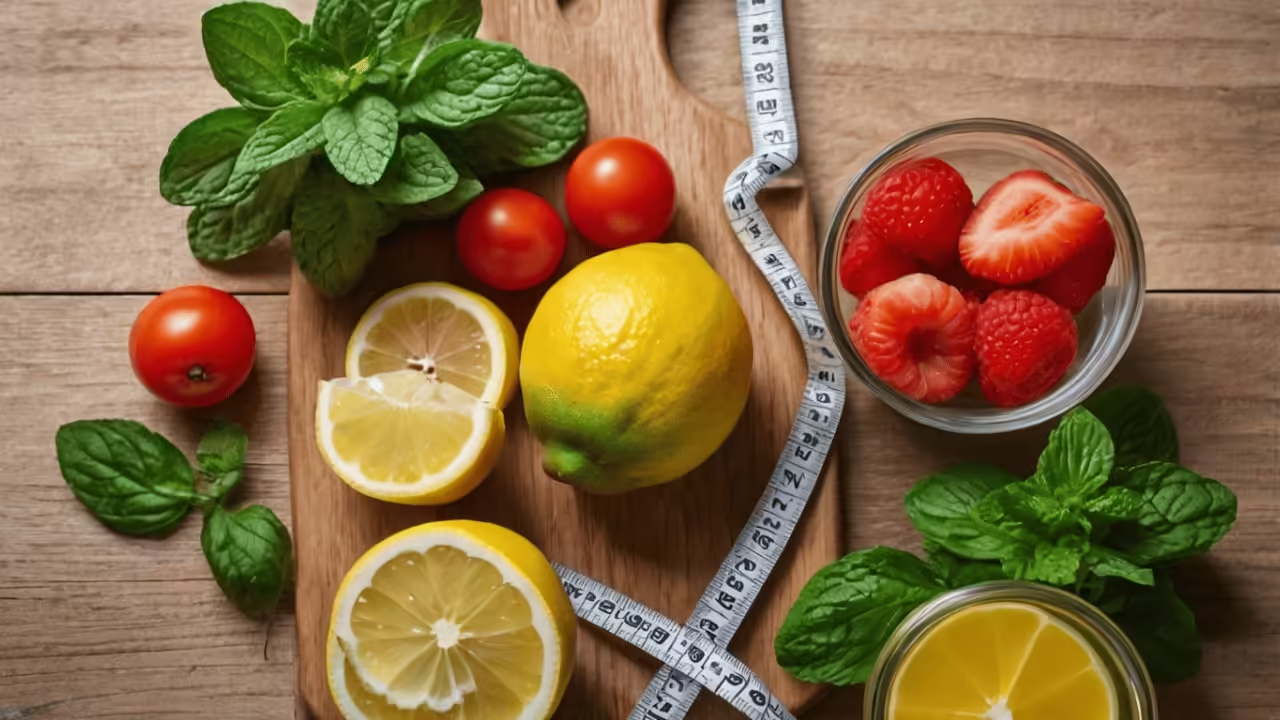Proven Tips on How to Lose Weight Without Exercise
Proven Tips on How to Lose Weight Without Exercise Effective Ways to Shed Pounds Without Working Out Most people wish to lose weight without exercising, and indeed, it is possible with the right approach. Focusing on healthy food choices and being mindful of portion sizes can effectively help you shed pounds without hitting the gym.



